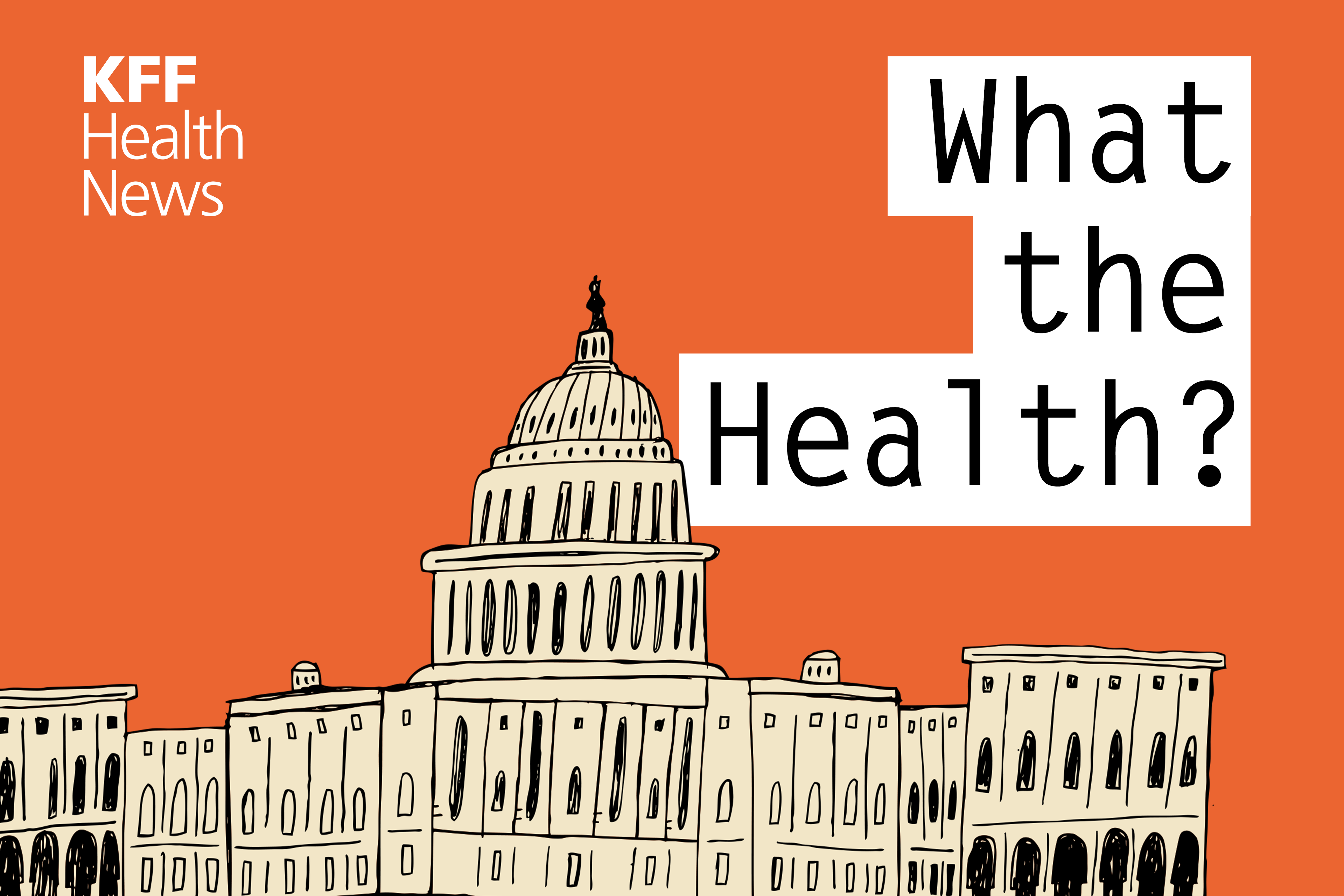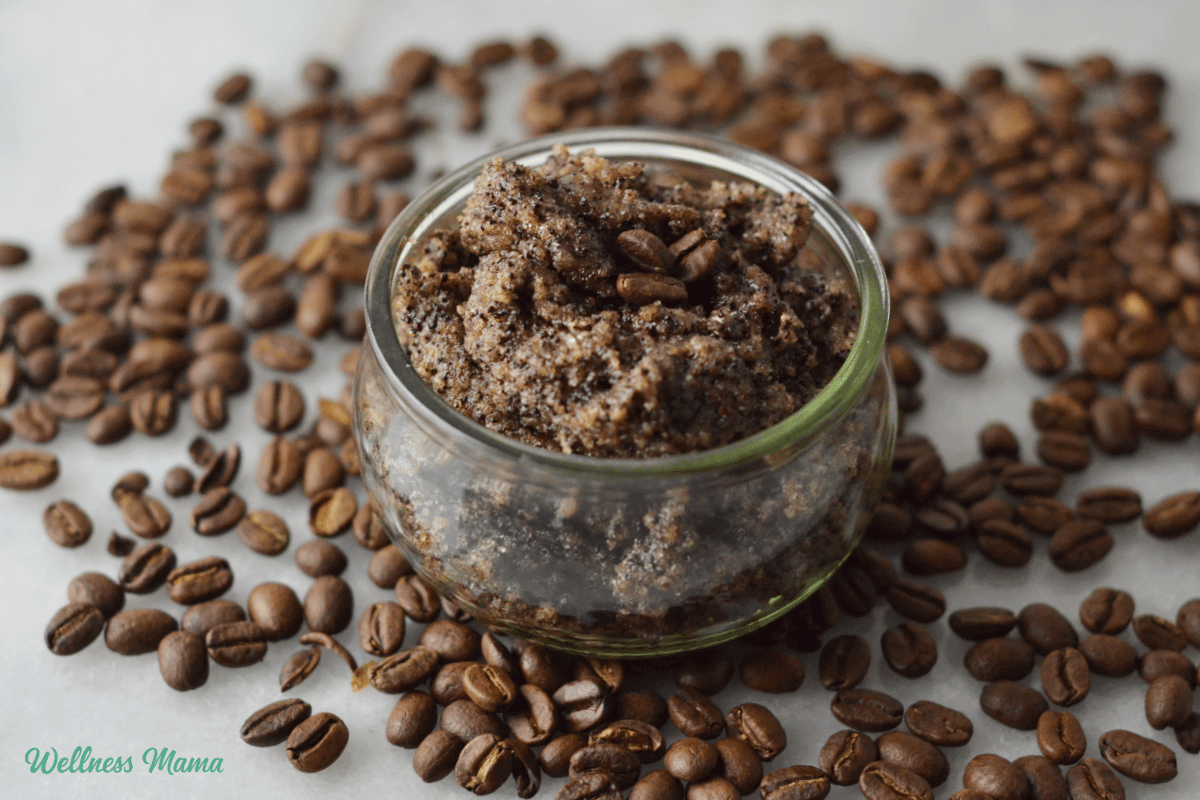
Originally published at https://www.bhf.org.uk, written by Tatiana Sherwood.
A good excuse to sleep (if you needed one)
You may have seen a study in the news which suggests that two naps a week are associated with a 48% decreased risk of a heart attack or stroke. Although this snooze endorsement is one many will be pleased to hear, is it really time to reach for your pyjamas?
It’s probably not a revelation to hear that sleeping well is good for you. However, in another study, researchers from the Onassis Cardiac Surgery Centre specifically linked getting a good night’s rest to reduced risk of coronary heart disease, which is the build-up of fatty plaques in the blood vessels supplying your heart. The study found that six to eight hours per night seemed to be the optimum amount of sleep linked to a healthy heart. Dr Epameinondas Fountas, the study’s author, said “more research is needed to clarify exactly why, but we do know that sleep influences biological processes like glucose metabolism, blood pressure, and inflammations — all of which have an impact on cardiovascular disease.”
Although it is not clear exactly how sleep benefits the heart, research suggests disturbed sleep is associated with higher levels of a protein called CRP. This is a sign of inflammation, the process linked with heart and circulatory disease. Sleep can also have an indirect impact on heart health, by affecting our lifestyle choices.
Better sleep = better decisions?
Maintaining a healthy weight is an important way of lowering your risk of high blood pressure and diabetes, and thus your risk of heart and circulatory disease. But how does this link to sleep? A small study carried out by researchers at King’s college London suggested that not sleeping enough might affect the hormones which influence our appetite, increasing our desire for sugary foods. Over a long period of time this could lead to weight gain, and a greater risk of coronary heart disease. More research is needed to strengthen this discovery, but the early results suggest there’s an important connection between sleep and heart and circulatory health.

Sleep isn’t always easy
For some people, not getting enough sleep is not due to a packed schedule or wild night out, but for sleep conditions like insomnia. BHF-funded researchers are trying to find out more about the connections between heart diseases and sleep disorders.
Professor Paulus Kirchhof at the University of Birmingham is investigating how sleep problems might lead to a condition called atrial fibrillation (AF). AF is caused by electrical impulses firing off from multiple places in the atria (the top chambers of your heart). Normally, a part of the heart called the sinus node sends out regular electrical signals which tell your heart to contract and pump blood around the body. If different places in the atria also send electrical signals, the atria will twitch and the heart beats irregularly. But it’s not just a problem with the heart’s rhythm. People living with AF are at greater risk of stroke — a debilitating condition that can affect people’s ability to speak, eat and interact with their loved ones.

Professor Kirchhof and his team want to find out if abnormal breathing patterns during sleep could lead to AF. Their theory is that the electrical current needed for normal heart rhythms could be impacted by periods of low oxygen (called chronic intermittent hypoxia), which are caused by not breathing properly during sleep. They believe that these periods of low oxygen affect the channels that sodium ions must flow through to maintain a normal electrical current and heart rhythm. They will also test in the laboratory whether drugs targeting these channels could protect the hearts of people with sleep-related breathing disorders.
We’ve seen the different ways in which sleep might affect your heart, but can your sleep be disrupted by having a heart condition, or taking medication related to this?
Let’s talk about statins
For a long time there were questions about whether statins ( a drug frequently prescribed to help lower cholesterol in the blood) could cause insomnia. However, the science simply doesn’t back this up. BHF Professor Rory Collins led a review of multiple research trials, involving over 100,000 people, which found that statins were not linked with sleep disturbances. Further studies, looking at the effects of three statins (pravastatin, lovastatin and simvastatin), found that they are actually linked to a reduction of the number of times people woke in the night, and of the duration of these night wakings, compared to a dummy pill (placebo).

So why do many people feel that their sleep is affected by taking statins? One explanation is the so-called ‘nocebo’ effect. Because someone has heard or read about insomnia caused by statins, they may be hyper-vigilant towards symptoms and feel they are experiencing them even though the drugs themselves are not directly causing changes. Disrupted sleep could also be caused by the stress of discovering that you have high cholesterol and being prescribed medication. As with many things, the answer may well be a combination of factors.
There’s no doubt sleep is important for our bodies. We need a chance to recharge and reset, particularly during the busy lives we lead today. But it’s not always easy so do speak to your GP if problems persist.
Sign up for our research newsletter
How does sleep affect your heart? was originally published in British Heart Foundation on Medium, where people are continuing the conversation by highlighting and responding to this story.
Original Article










